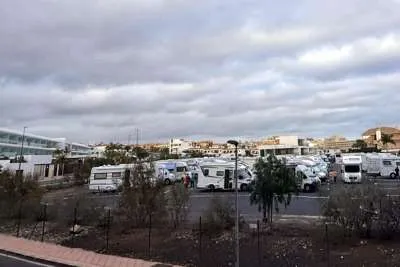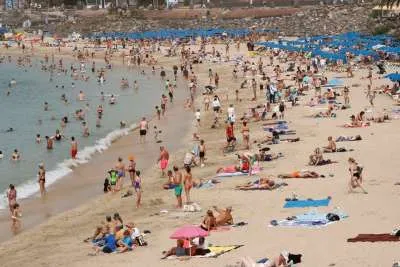The TSJC does not allow the Canary Islands to apply a curfew
- 10-05-2021
- National
- Canarian Weekly
The Higher Court of Justice of the Canary Islands has once again overturned the curfew and allows the entry and exit of people between islands, after studying the request of the Government of the Canary Islands, which this Monday asked for validity of the anticovid measures announced on last Thursday in the absence of the Supreme Court ruling. The Chamber says that a measure not judicially ratified "is not effective and cannot be applied" and clarifies that its decision not to ratify the measures adopted by the Government of the Canary Islands, does not require clarification.
Last Thursday, Torres announced that the Canary Islands would maintain the restrictions that it has put in place in recent months to stop the spead of the coronavirus and the four different levels that have been developed depending on the incidence of the virus in each of the islands.
“Given the end of the State of Alarm, we have decided to maintain the current measures. It maintains mandatory controls in ports and airports, the curfew, the limitation of people in meetings both in private and public areas, the capacity in places of worship and the possibility of perimeter closure,” Torres announced after the Governing Council.
The decision was published this Friday in the Official Gazette of the Canary Islands (BOC) and was sent immediately to the Superior Court of Justice of the Canary Islands (TSJC), which annulled the measures yesterday (Sunday) by saying they are against fundamental rights after the state of alarm waned.
After this resolution, the Canarian government announced an appeal to the Supreme Court, which will have five days to pronounce itself. Meanwhile, it was understood that the measures were still in force, raising the consultation of the TSJC today, Monday.
However, it has been reconfirmed, it is not appropriate to limit the entry and exit of people on the islands that are at alert levels 3 or 4, as well as the limitation of the freedom of movement of people at night, which means no curfew with immediate effect. In addition, it does not proceed to ratify limiting the permanence in places of worship.
On the contrary, they agreed to limiting the maximum number of people who do not live together in family and social gatherings, whether in public and private spaces, closed or outdoors.
Other articles that may interest you...
Trending
Most Read Articles
Featured Videos
TributoFest: Michael Buble promo 14.02.2026
- 30-01-2026
TEAs 2025 Highlights
- 17-11-2025


























































